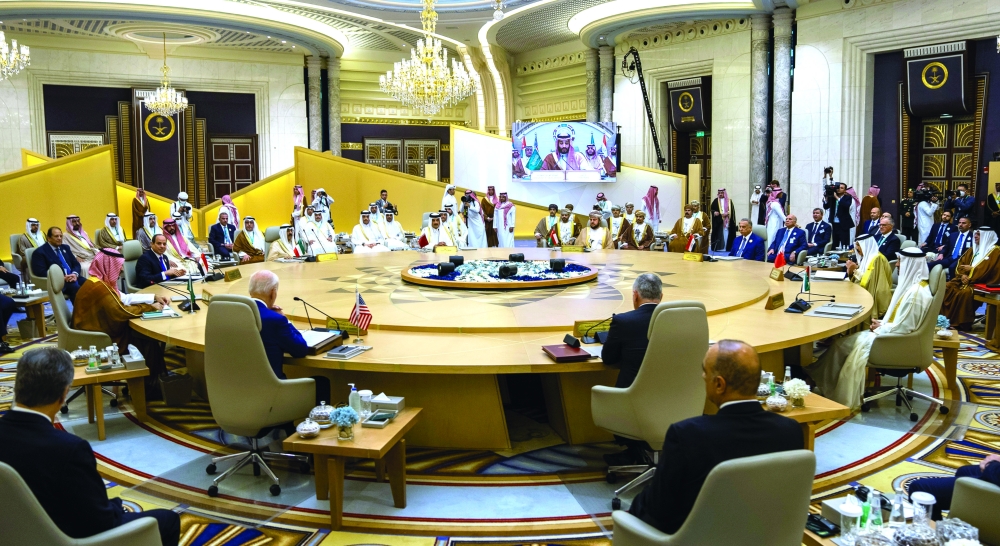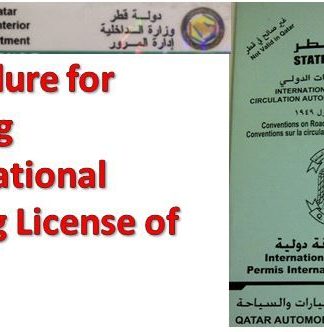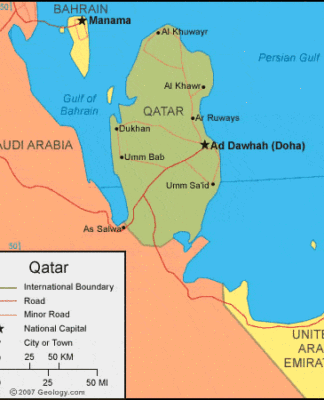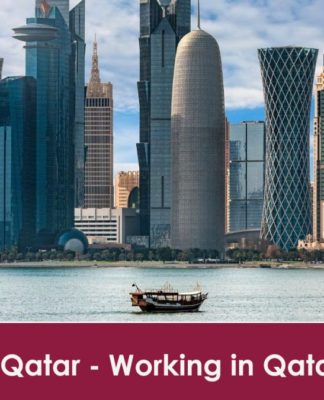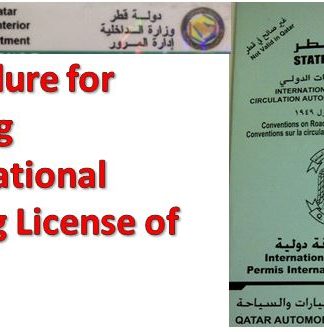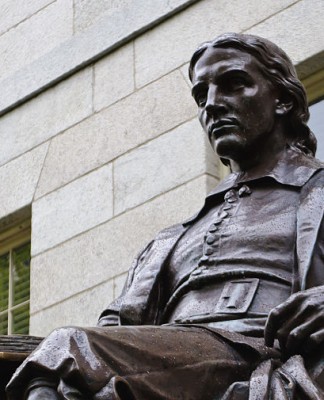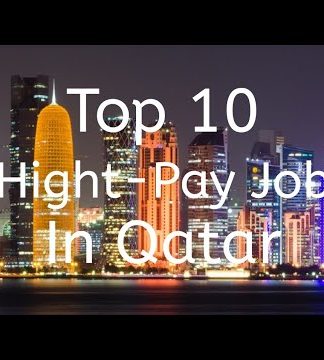Jeddah Summit for Security and Development
KeywordsAmerican mediaJeddah Summit for Security and Development
Ben Ali’s emotions
Reports published by the international media, especially the American ones, highlighted the results of the “Jeddah Summit for Security and Development” and the importance of taking all necessary measures to preserve the security and stability of the Middle East, develop means of cooperation and integration between its countries, jointly address the challenges it faces, and adhere to the rules of good-neighbourliness, mutual respect and respect. Sovereignty and territorial integrity.
And the American media indicated that US President Joe Biden concluded his Middle East tour, his first since taking office, by confirming his country’s commitment to the role it plays in the region, at the regional summit held in Jeddah and brought together with the leaders of the Gulf countries in addition to Egypt, Jordan and Iraq .
Summit results
Politico magazine, in a major report on the results of the Jeddah summit, said that the summit is the result of the quest of traditional allies to revive relations with their most important security partner. The summit resulted in historic agreements, including working to end the war in Yemen, and a renewed push to resolve the intractable conflict between the Israelis and the Palestinians. Biden came to deal with “the needs of the free world, especially the United States, by focusing on not leaving a vacuum in the region, which was happening, as happened in other parts of the world,” Biden told reporters.
The report added that the US president announced $316 million in aid and incentives to the Palestinians with the aim of improving daily life and stimulating renewed negotiations. “He never mentioned the occupation or the need to end it, as Obama, Bush and Clinton have done in the past,” said Khaled El-Gendy, director of the Palestine Program at the Middle East Institute in Washington. “If Biden couldn’t even say the word “occupation.” How does anyone imagine that this administration can end it in order to reach a two-state solution?” Biden also did not announce the reopening of a US consulate in Jerusalem or criticize settlement expansion, which led to frustration among Palestinians.
In turn, Thehill reported that President Biden concluded on Saturday his first visit to the Middle East since taking office, a visit that lasted four days and witnessed progress and controversy as the US President met with Israeli officials to strengthen relations between the United States and Israel, in addition to Palestinian officials amid efforts to maintain peace and promote cooperation in the region. Biden also exited his meetings in Saudi Arabia without an immediate delivery on oil production, but expressed optimism that oil-producing countries will take steps to boost global supplies in the coming months.
White House officials played down energy discussions on Biden’s trip, but high oil prices in the United States and global energy turmoil from the Russian war in Ukraine were widely seen as key triggers for the trip to Saudi Arabia, one of the world’s largest oil producers. The White House also confirmed a new framework between the United States and Saudi Arabia on clean energy production.
Experts said Biden’s visit to Saudi Arabia is unlikely to result in any major announcement on oil production, but the president may push the kingdom in the hope of a future move to free up more supplies. The White House is looking forward to an August meeting of the Organization of the Petroleum Exporting Countries, which means that any major announcement is likely to come from that meeting. White House National Security Adviser Jake Sullivan told reporters that any concrete action on oil supplies must stem from a decision by the oil-exporting countries, led by Saudi Arabia. During his meeting with the Gulf Cooperation Council, Biden said the countries agreed on the need to ensure “sufficient supplies to meet global needs,” adding that he “looks forward to seeing what comes in the coming months.”
On the Iranian file, Biden sought to reassure Israel that the United States was committed to its security and to preventing a nuclear Iran, while pledging to continue diplomatic efforts to reunite the 2015 Iran nuclear agreement. Biden reiterated his belief that diplomacy remains the best way to prevent Iran from obtaining a nuclear weapon, but he said The United States will not “wait forever” for Iran to return to the agreement, formally known as the Joint Comprehensive Plan of Action. Israel opposes the Obama-era nuclear deal, from which Trump (the United States) withdrew in 2018. Differences between the two countries over Iran emerged at the press conference.
* Expand security cooperation
For its part, CNN confirmed, in its report, that President Joe Biden concluded on Saturday a four-day trip to Israel and Saudi Arabia, his first trip to the Middle East since taking office. The president began his trip by meeting with Israeli leaders to expand security ties and discussing Iran’s counter efforts to destabilize the region. He then went to Jeddah, Saudi Arabia, where he tried to reassure regional leaders – and the rest of the world – that his administration remained committed to actively engaging in the Middle East and not allowing Russia or China to expand their geopolitical influence.
According to the report: The meetings in Jeddah were fruitful, and Biden announced several new areas of cooperation aimed at reshaping US-Saudi relations. Biden attempted to reassert US leadership in the Middle East during a GCC summit with key leaders in the region. He promised that his administration would remain actively engaged amid concerns that China and Russia could quickly fill the US leadership vacuum. “The United States is investing in building a positive future in the region in partnership with all of you, and the United States is not going anywhere,” Biden said at the meeting with the Gulf Cooperation Council countries.
The summit came nearly a year after the United States withdrew all military forces from Afghanistan and ended 20 years of war in the country. Biden also noted that his visit to the Middle East was the first time since the September 11 terrorist attacks in 2001 that a US president visited the region without US forces participating in the fighting in the region, despite US forces continuing to conduct operations in Syria. Biden is under pressure to do more to confront Iran in the region and reach a coordinated strategy among allies. At the Jeddah meeting, he pledged to the United States to play a major role in the Middle East for years to come. The White House issued a joint statement later on Saturday, saying that all participants in the meeting “confirmed their keenness to continue holding the US-Gulf summit annually.” Biden is eyeing diplomacy to prevent Iran from obtaining a nuclear weapon despite Israel’s suspicions.














